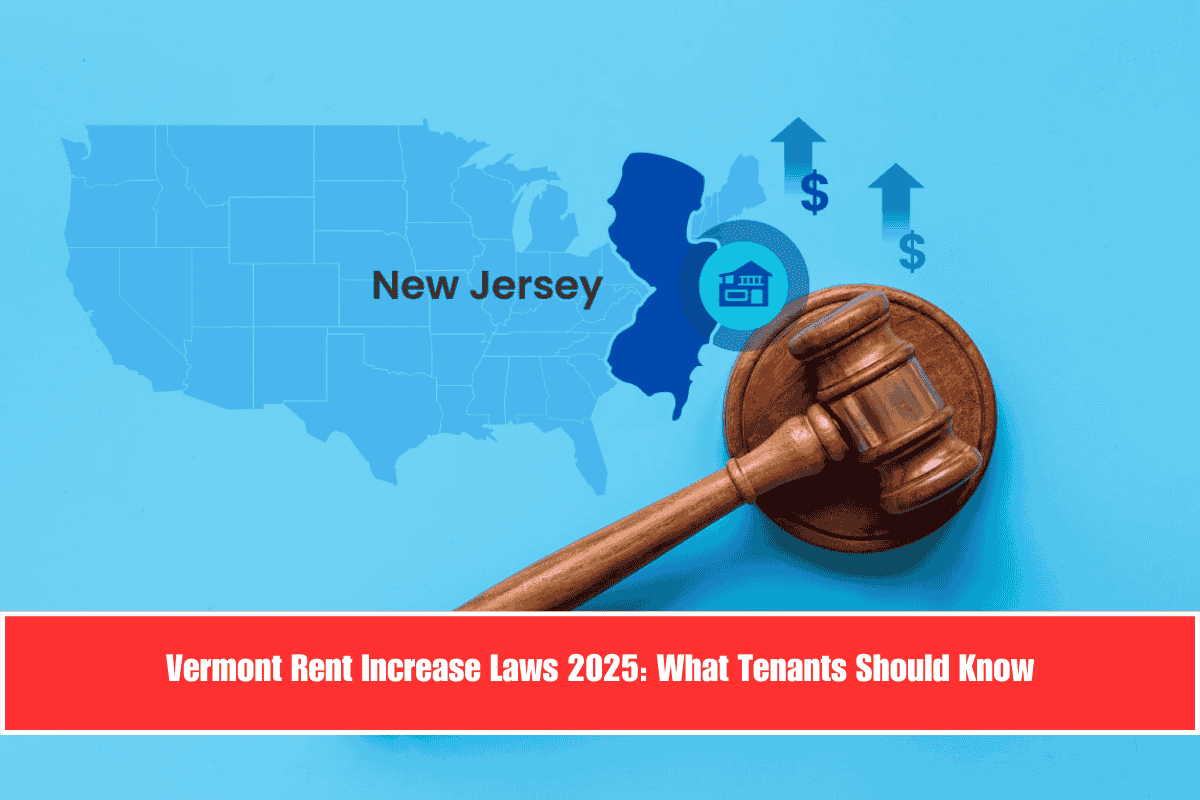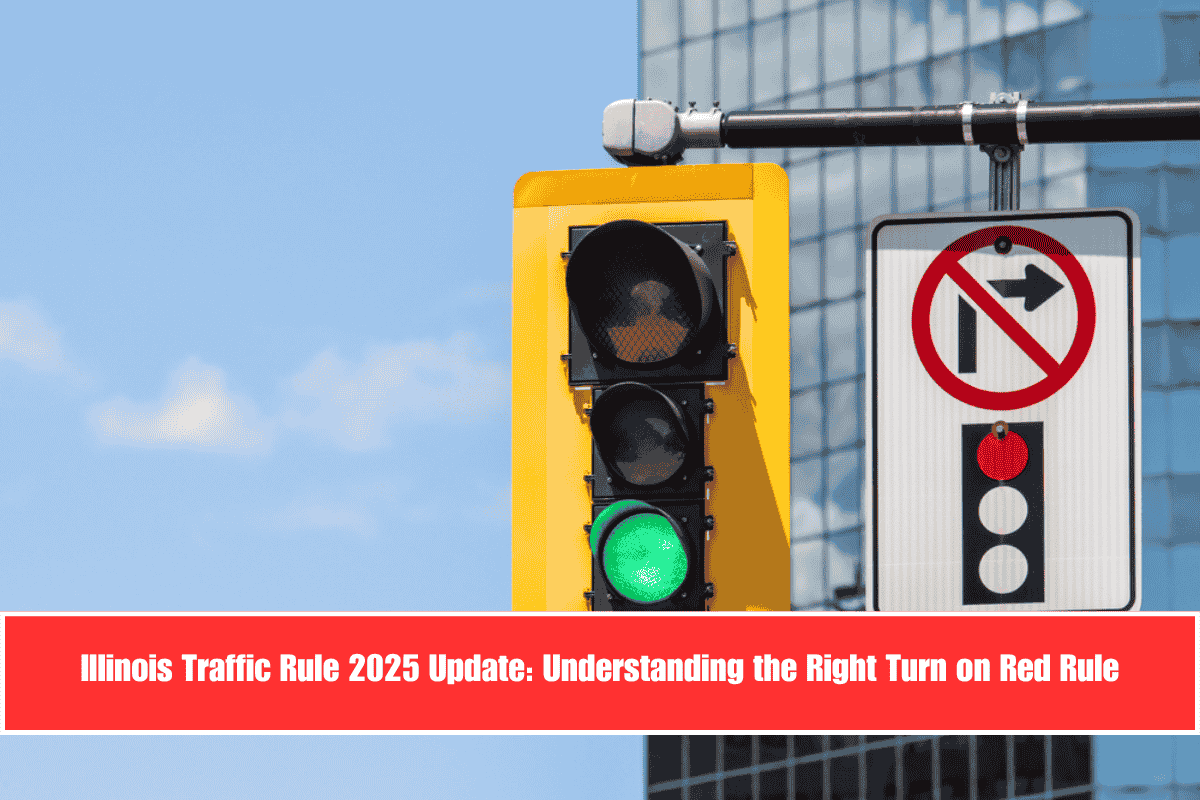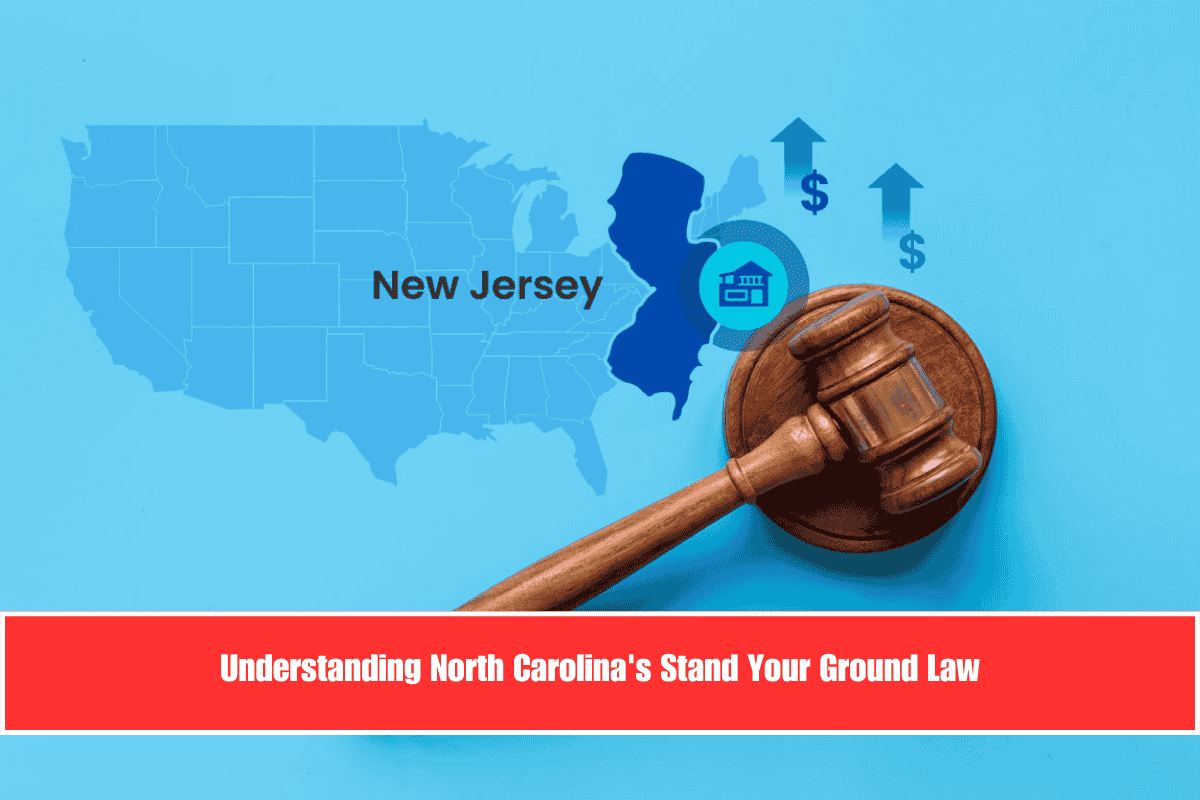- Vermont does not have a statewide rent control law that limits how much landlords can increase rent for most residential properties. This means there is currently no legal maximum percentage by which a landlord can raise rent, as long as the increase is reasonable and justified by market conditions or landlord costs.
- However, a bill (S.91) was introduced in 2025 that would cap annual rent increases to the lower of 5% or 1% above the U.S. Consumer Price Index for housing, but as of April 2025, this bill has not become law. Tenants should monitor legislative updates for any changes.
Notice Requirements
- Landlords must provide at least 60 days’ written notice before any rent increase takes effect for most rentals in Vermont.
- In Burlington, tenants are entitled to at least 90 days’ notice due to local ordinance.
- The notice must be in writing and should specify the amount of the increase, the new rent, and the date it becomes effective.
Frequency of Rent Increases
- Vermont law does not restrict how often a landlord can raise rent, as long as proper notice is given each time.
- Rent cannot be increased during the term of a fixed lease; increases can only occur at lease renewal or for month-to-month tenancies with notice.
Tenant Protections and Rights
- Reasonableness Standard: While there is no cap, rent increases must be “reasonable” and not arbitrary. Excessive or retaliatory increases can be challenged by tenants, especially if they appear to be in response to complaints or requests for repairs.
- Challenge Process: Tenants can dispute unjustified or excessive rent hikes. Factors considered include local market rates, property condition, and recent improvements.
- Lease Term Protection: If you have a current lease, your rent is locked in until the lease expires. Landlords cannot change the rent or other terms mid-lease without your agreement.
- Discrimination Prohibited: Landlords cannot raise rent as a form of discrimination based on race, religion, gender, disability, or other protected characteristics.
Special Rules for Mobile Home Parks
- For mobile home parks, the 2025 mediation threshold for lot rent increases is 5.4%. Increases above this may trigger mediation, and specific forms must be used for the notice to be valid.
- Park owners must provide notice to both tenants and the Commissioner of Housing and Community Development.
Pending Legislation and Local Measures
- While statewide rent caps are not in place, local measures (like “just cause” eviction protections and rent increase limits) have been discussed in cities such as Burlington, Winooski, Essex, and Montpelier. However, as of early 2025, these have not been enacted at the state level and require legislative approval.
- The legislature is considering further tenant protections, but no major changes are expected in 2025.
Key Takeaways for Vermont Tenants in 2025
- No statewide rent cap-landlords can raise rent by any amount, but increases must be reasonable and require 60 days’ written notice (90 days in Burlington).
- No limit on frequency of rent increases, but each increase must be properly noticed.
- Tenants can challenge excessive or retaliatory rent hikes.
- Mobile home park tenants have a 5.4% mediation threshold for lot rent increases in 2025.
- Stay informed about local ordinances and proposed state legislation that may affect your rights.
If you receive a rent increase you believe is unfair or illegal, consider contacting a local tenants’ rights group or legal aid organization for assistance.
Sources
[1] https://www.vermontpublic.org/local-news/2024-12-17/a-wild-imbalance-lawmakers-unlikely-to-tackle-tenant-law-in-2025
[2] https://www.hemlane.com/resources/vermont-rent-control-laws/
[3] https://www.steadily.com/blog/rent-increase-laws-regulations-vermont
[4] https://accd.vermont.gov/housing/mobile-home-parks/park-owners
[5] https://legiscan.com/VT/text/S0091/id/3143114/Vermont-2025-S0091-Introduced.pdf









